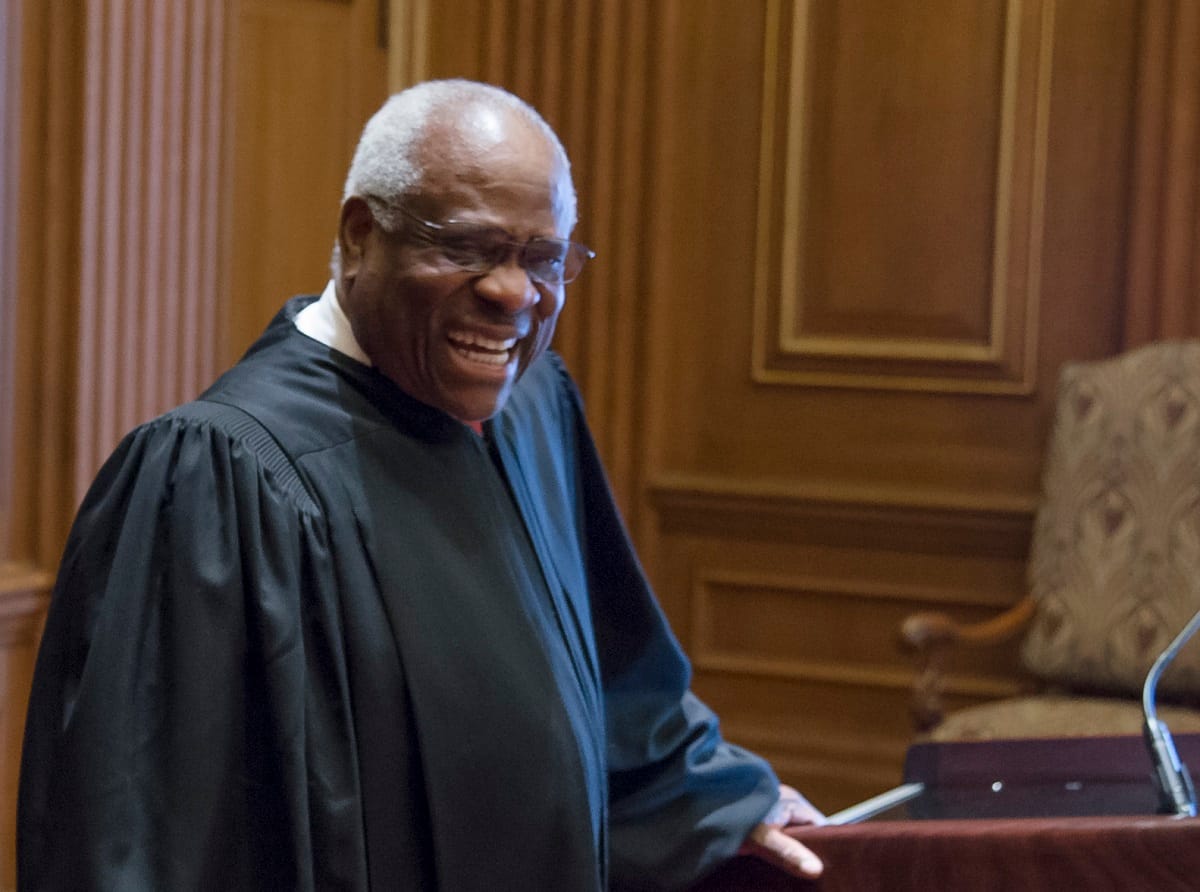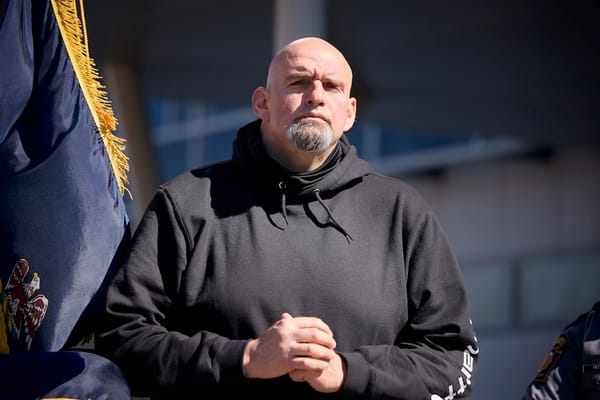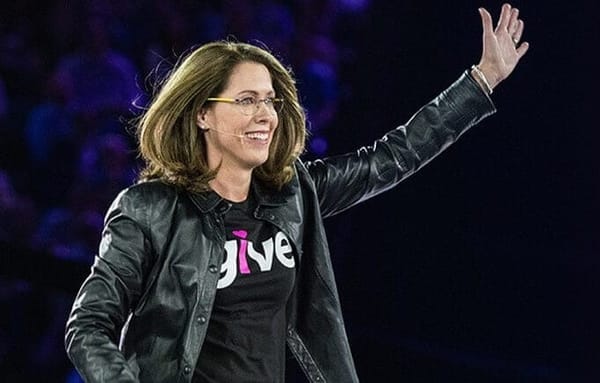Supreme Court Declares Trump First Amendment Case Moot, But Legal Issues For Social Media Coming
April 5, 2021—Despite accepting a petition that avoids the Supreme Court deliberating on whether a president can block social media users, Justice Clarence Thomas on Monday issued a volley that may foreshadow future legal issues surrounding social media in the United States. On Monday, the Supreme C

April 5, 2021—Despite accepting a petition that avoids the Supreme Court deliberating on whether a president can block social media users, Justice Clarence Thomas on Monday issued a volley that may foreshadow future legal issues surrounding social media in the United States.
On Monday, the Supreme Court sent back to a lower court and ruled as moot a lawsuit over whether former President Donald Trump could block followers on Twitter, after accepting a petition by the federal government to end the case because Trump wasn’t president anymore.
The case dates back to March 2018, when the Knight First Amendment Institute and others brought a case against former president Trump in the Southern District of New York for blocking users based on their political views, arguing the practice is a violation of the first amendment.
The lower court judge agreed, and the decision was upheld by the United States Court of Appeals.
In accepting the petition by the government, Justice Thomas stated that adjudicating legal issues surrounding digital platforms is uniquely difficult. “Applying old doctrines to new digital platforms is rarely straightforward,” he wrote. The case in question hinged on the constitutionality of then-President Trump banning people from interacting with his Twitter account, which the plaintiff argued was a protected public forum.
Thomas stated that while today’s conclusion was able to be vacated, that likely would not be the case in the future. He went on to say that digital platforms exercise “concentrated control of so much speech in the hands of a few private parties.”
He continued: “We will soon have no choice but to address how our legal doctrines apply to highly concentrated, privately owned information infrastructure such as digital platforms.”
Even though Facebook and Google were not the platforms in question in this case, Thomas pointed to them as “dominant digital platforms” and stated that they have “enormous control over speech.” He stated that Google, Facebook, and Twitter have the capabilities to suppress information and speech at will, and referenced the “cataclysmic consequences” for authors that Amazon disagrees with.
Thomas also rejected the notion that other options exist.
“A person always could choose to avoid the toll bridge or train and instead swim the Charles River or hike the Oregon Trail. But in assessing whether a company exercises substantial market power, what matters is whether the alternatives are comparable.”








